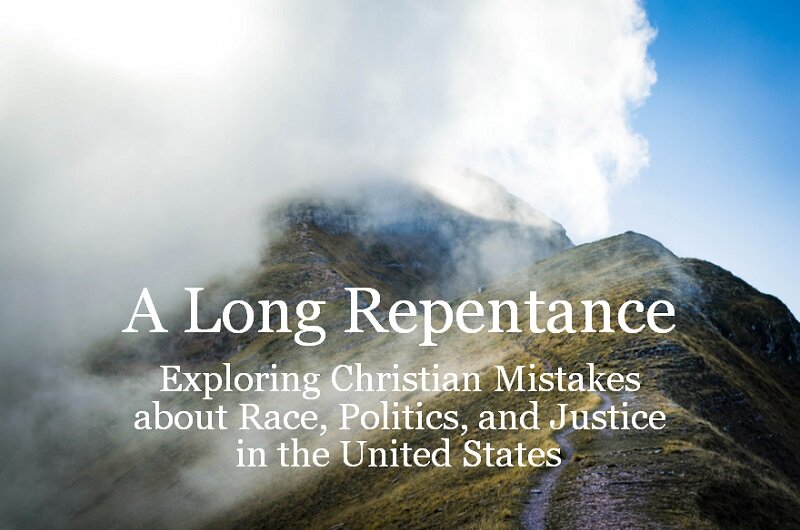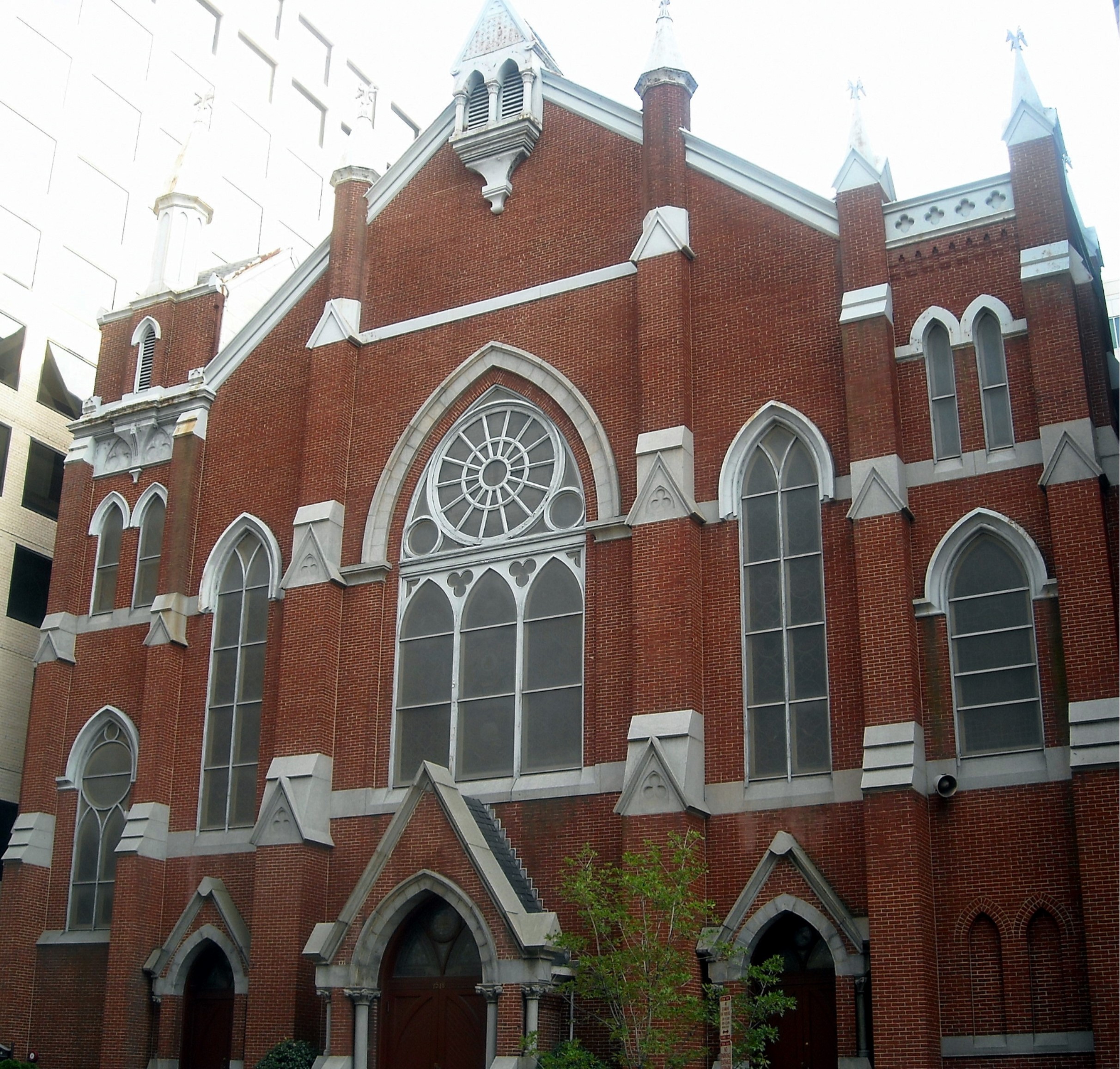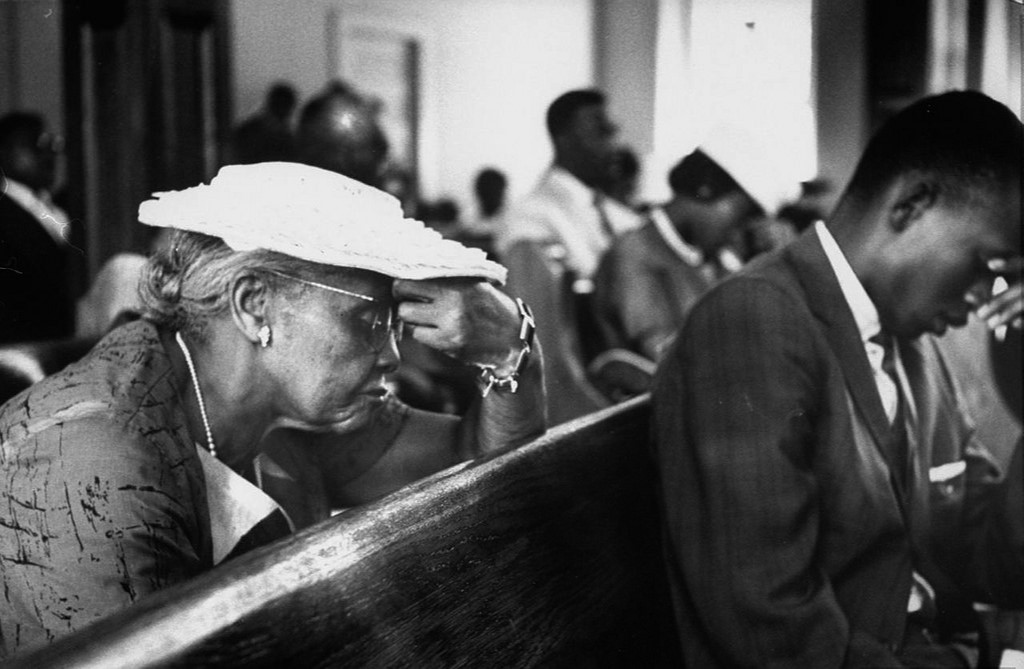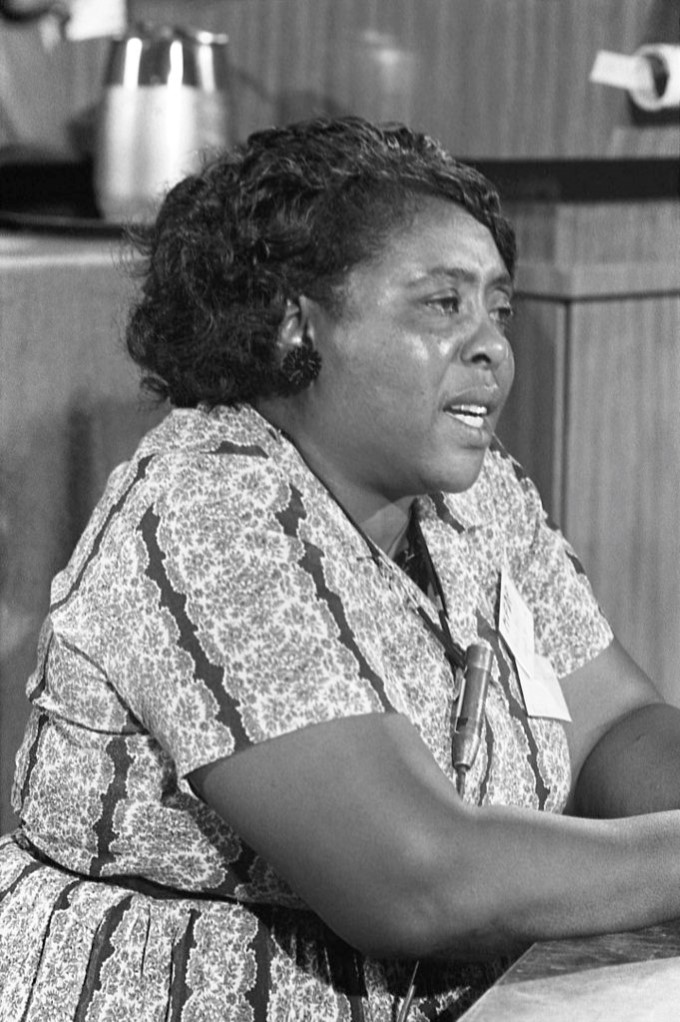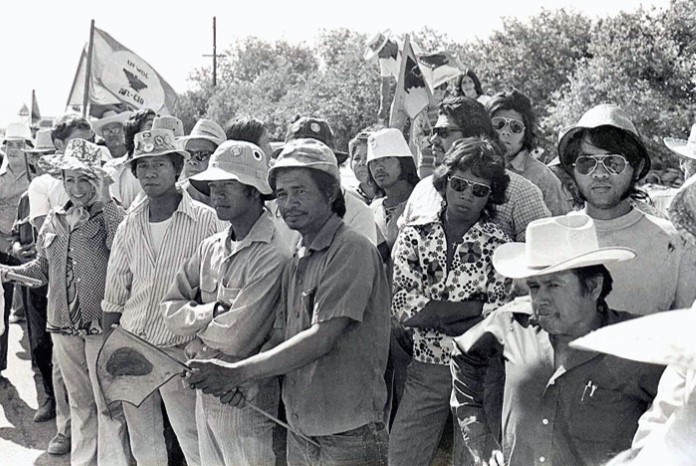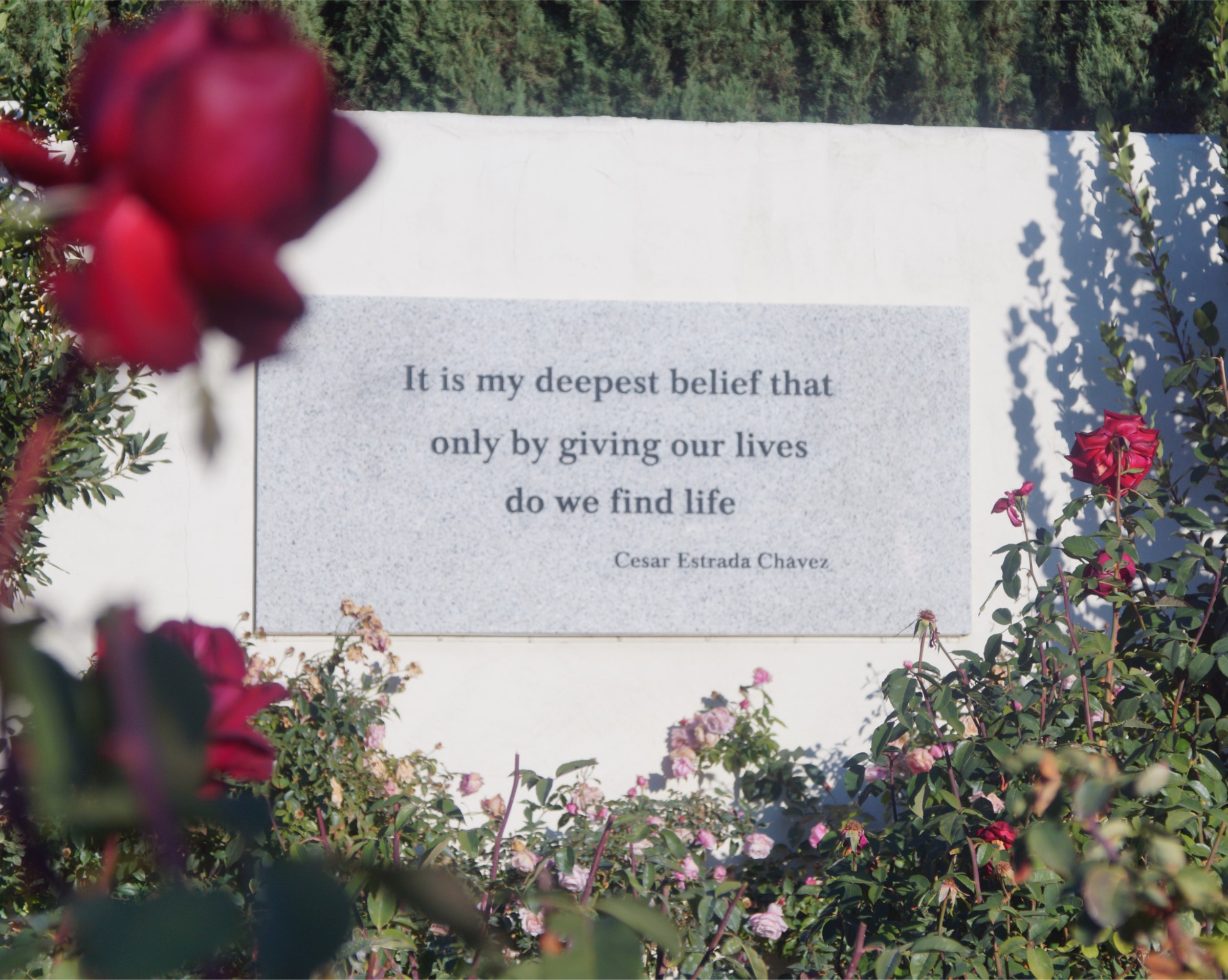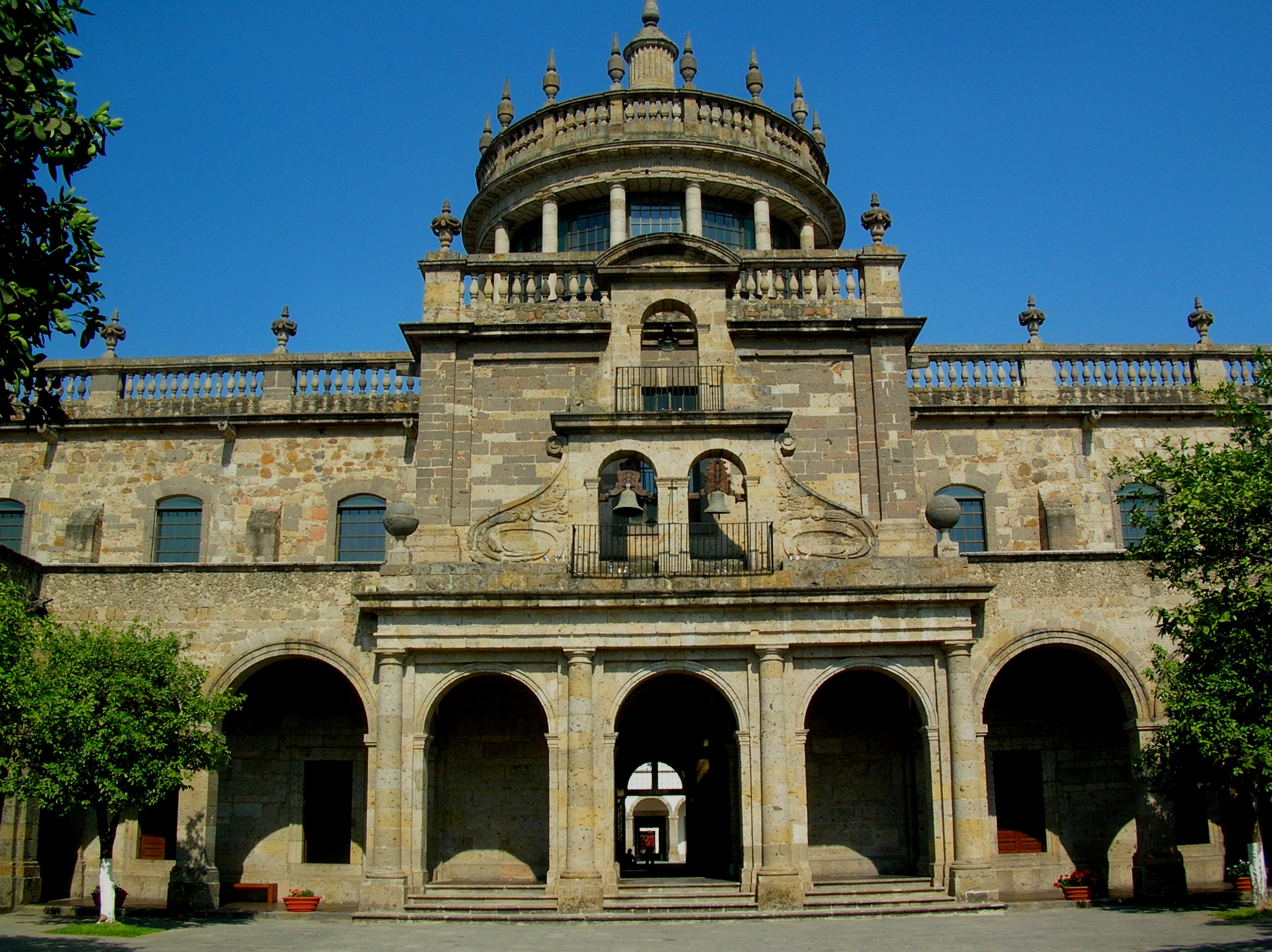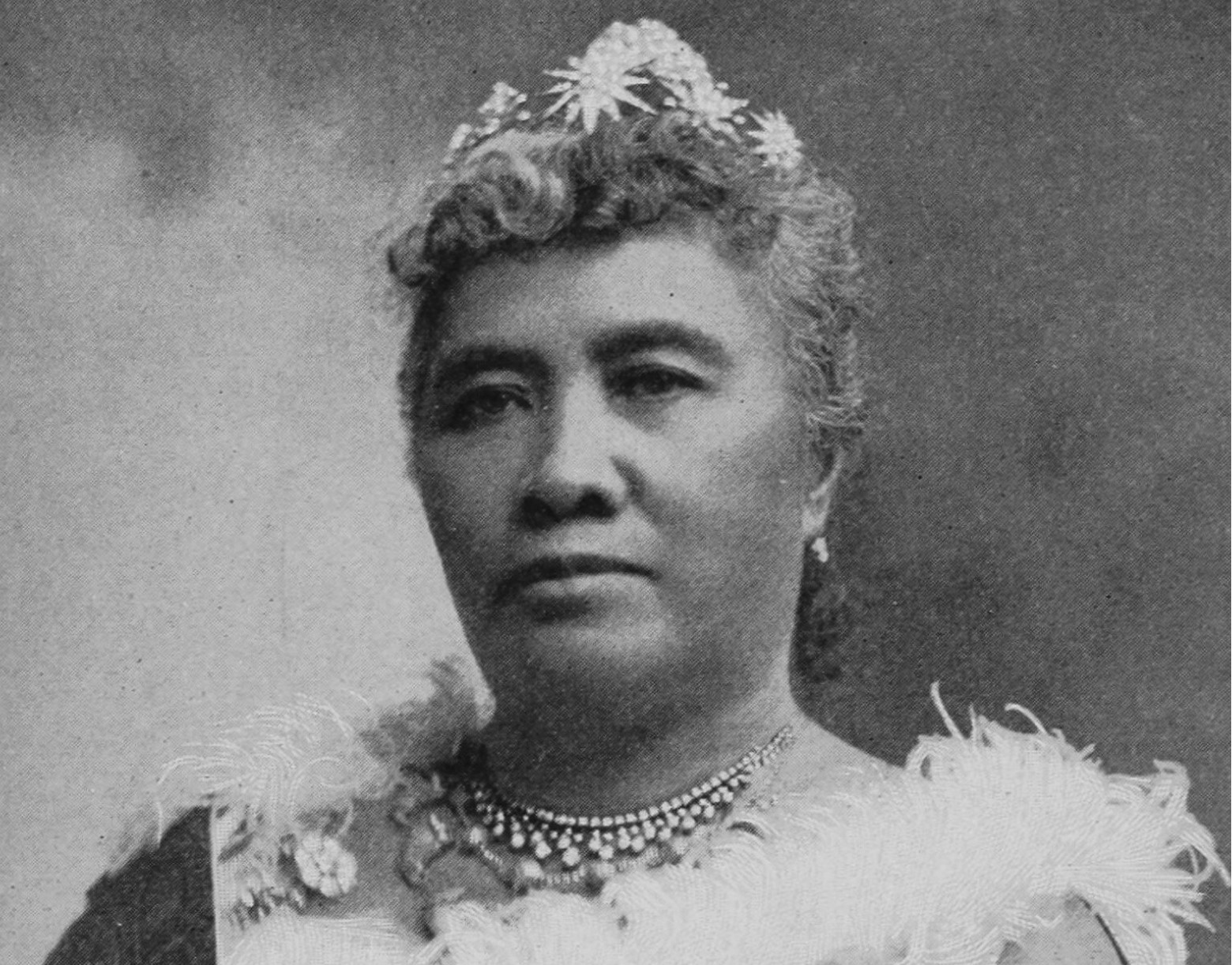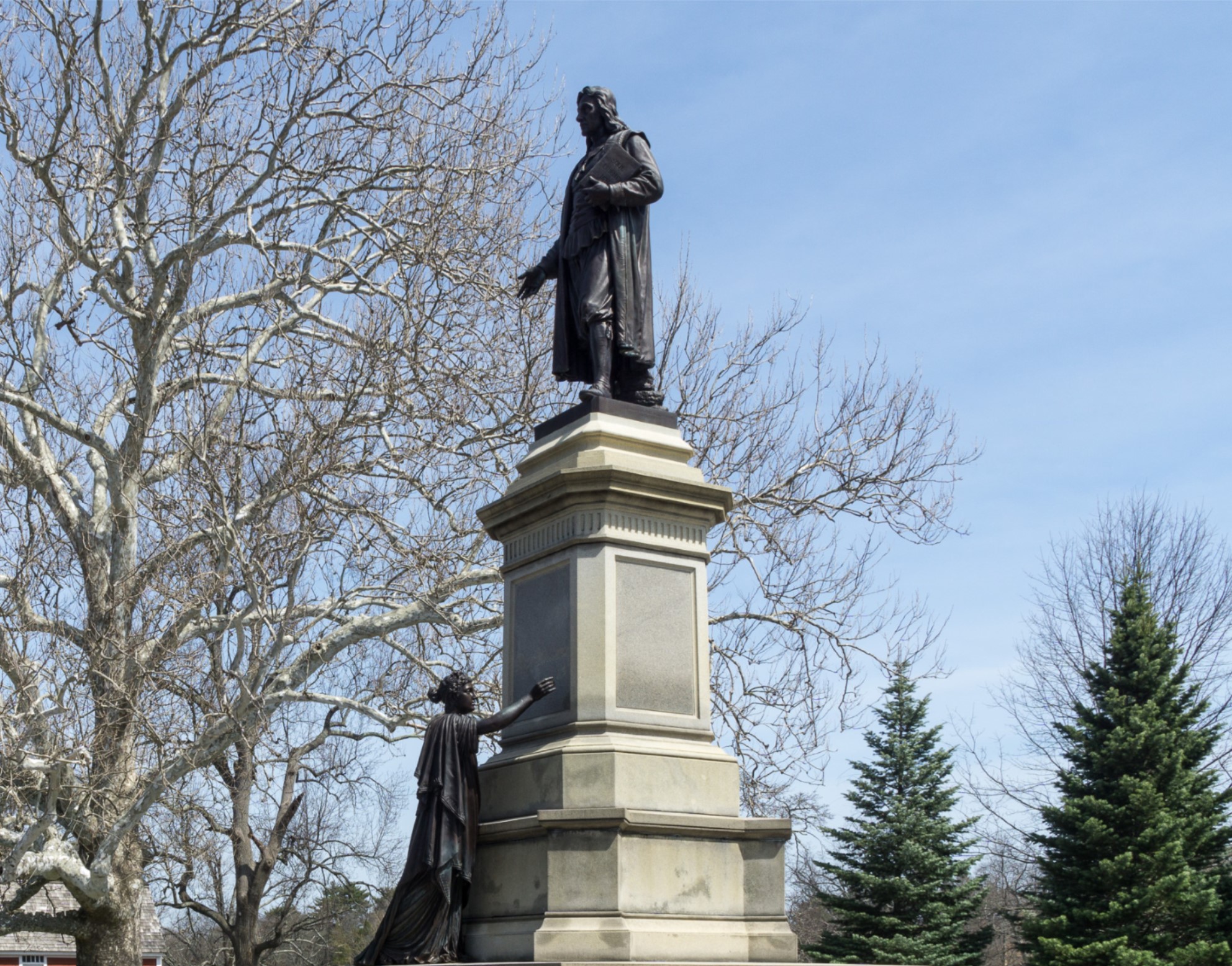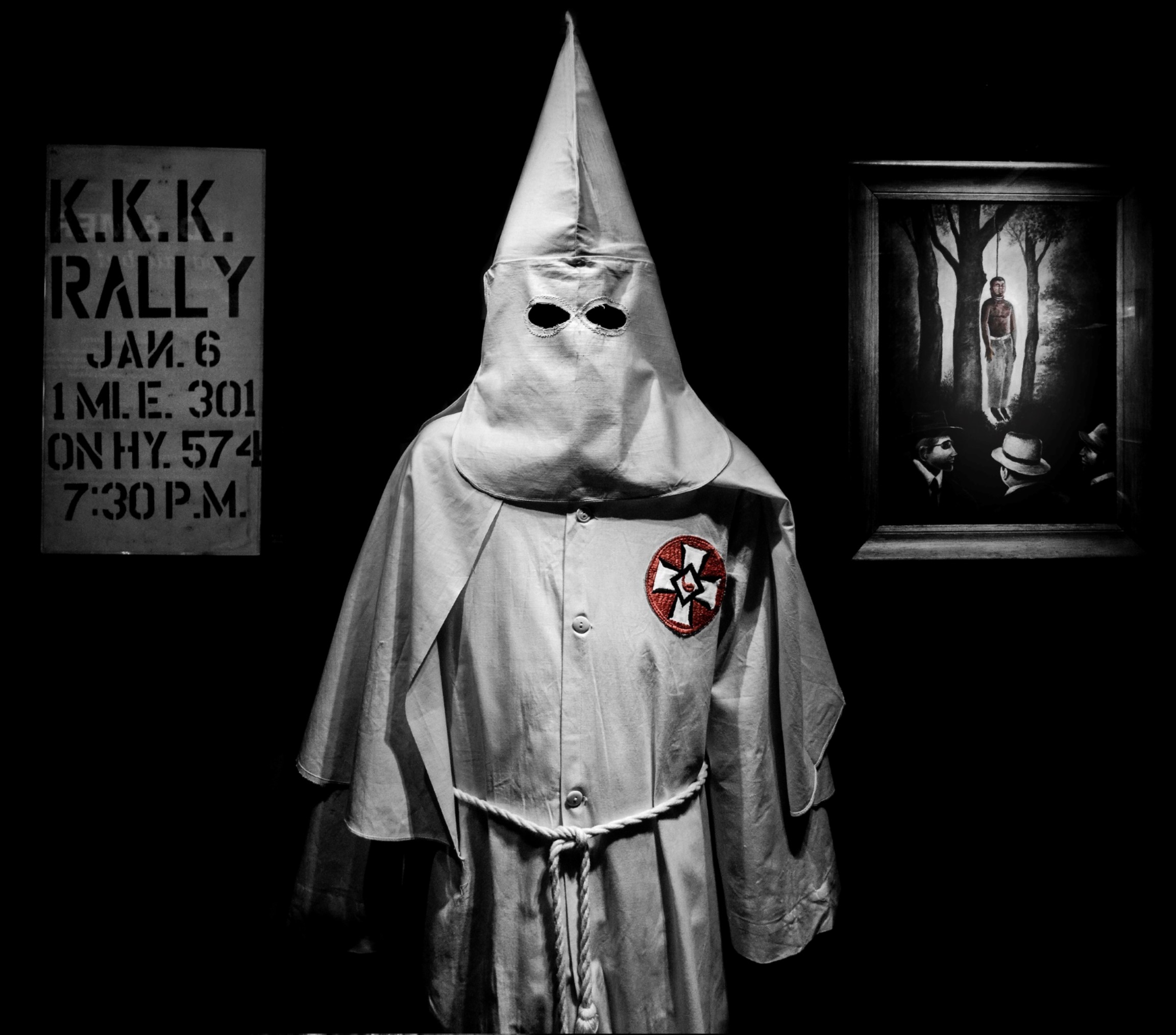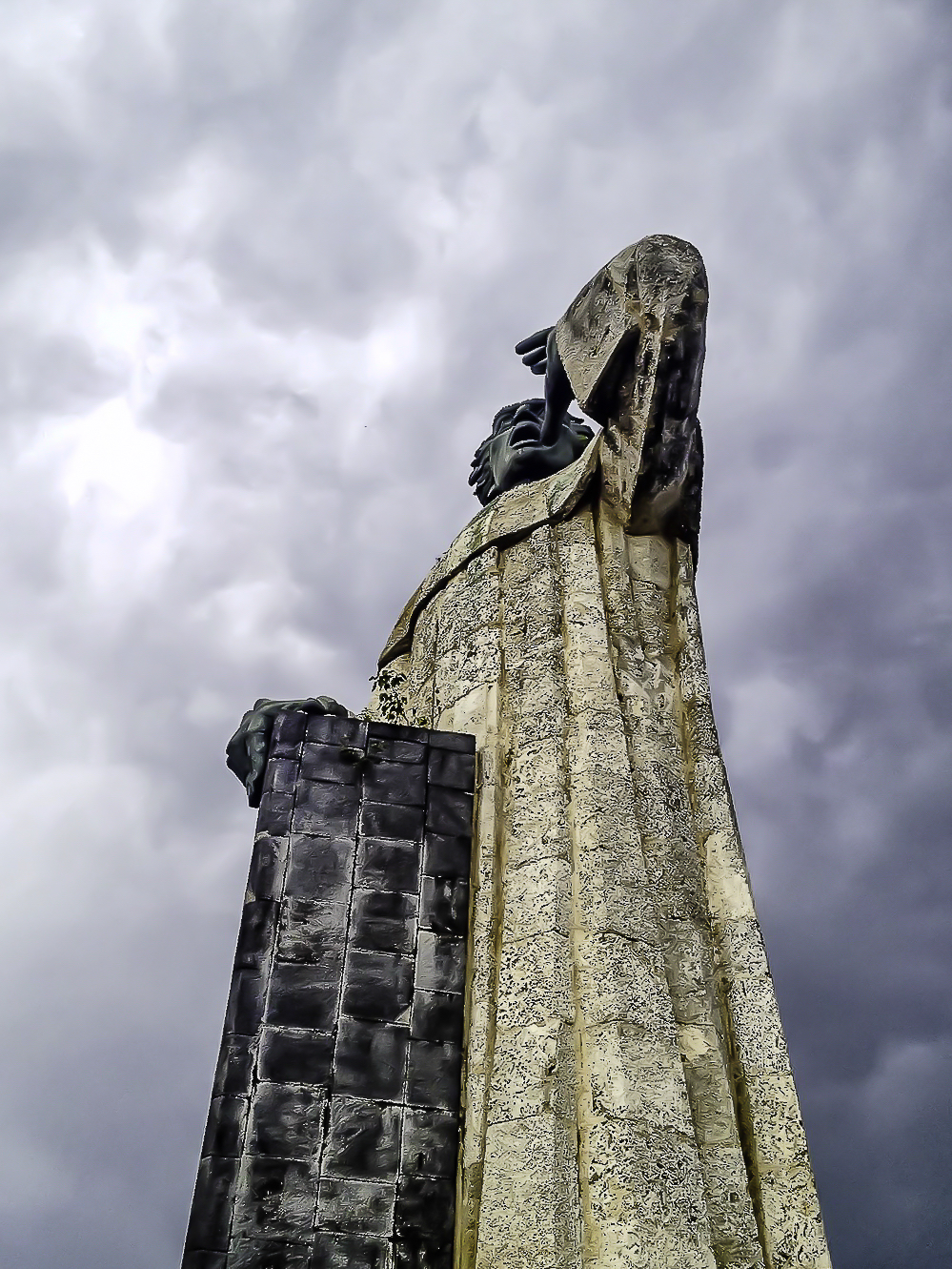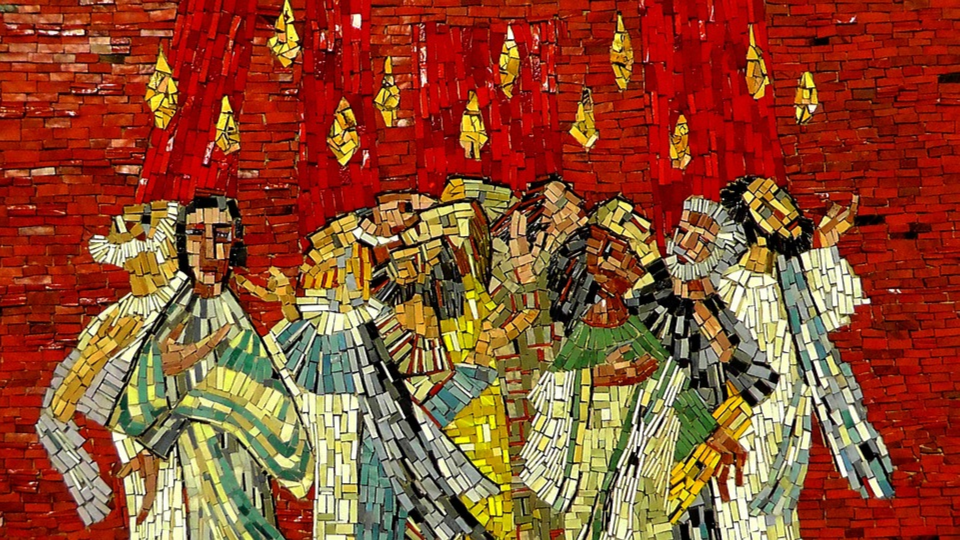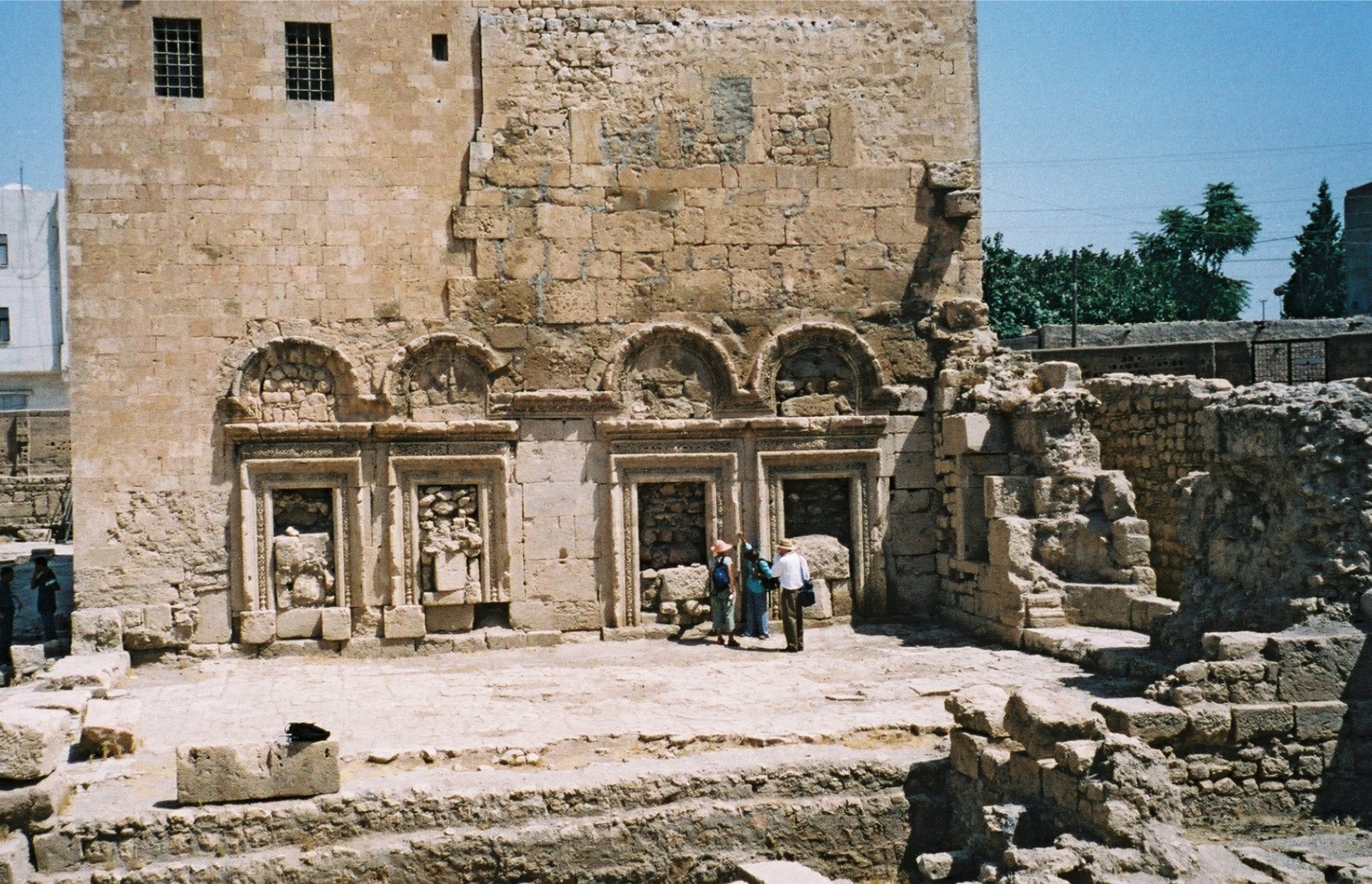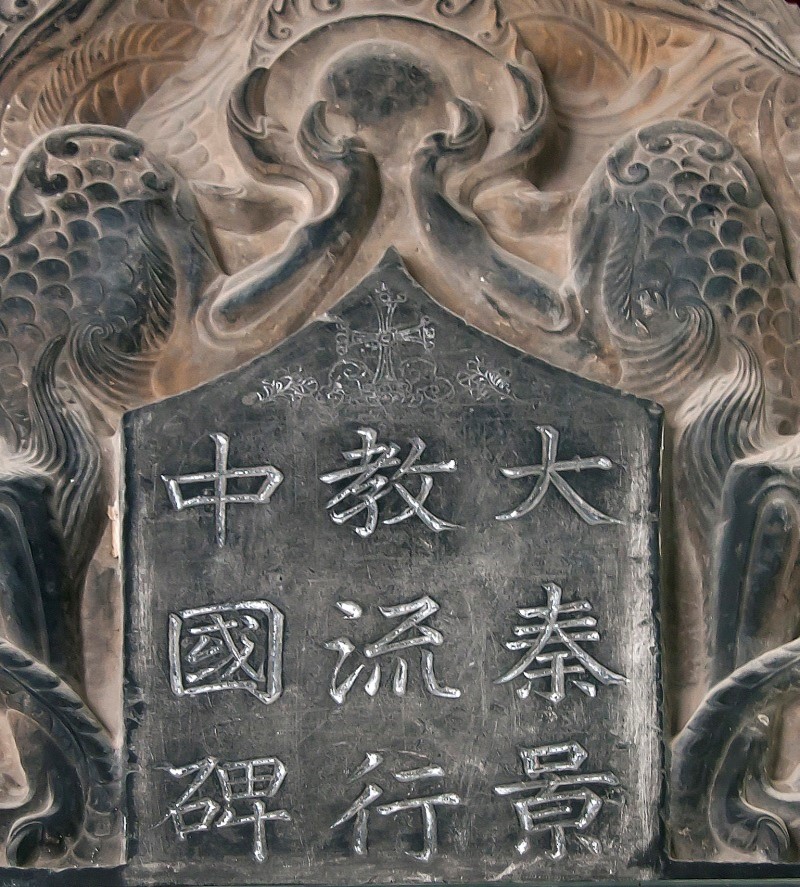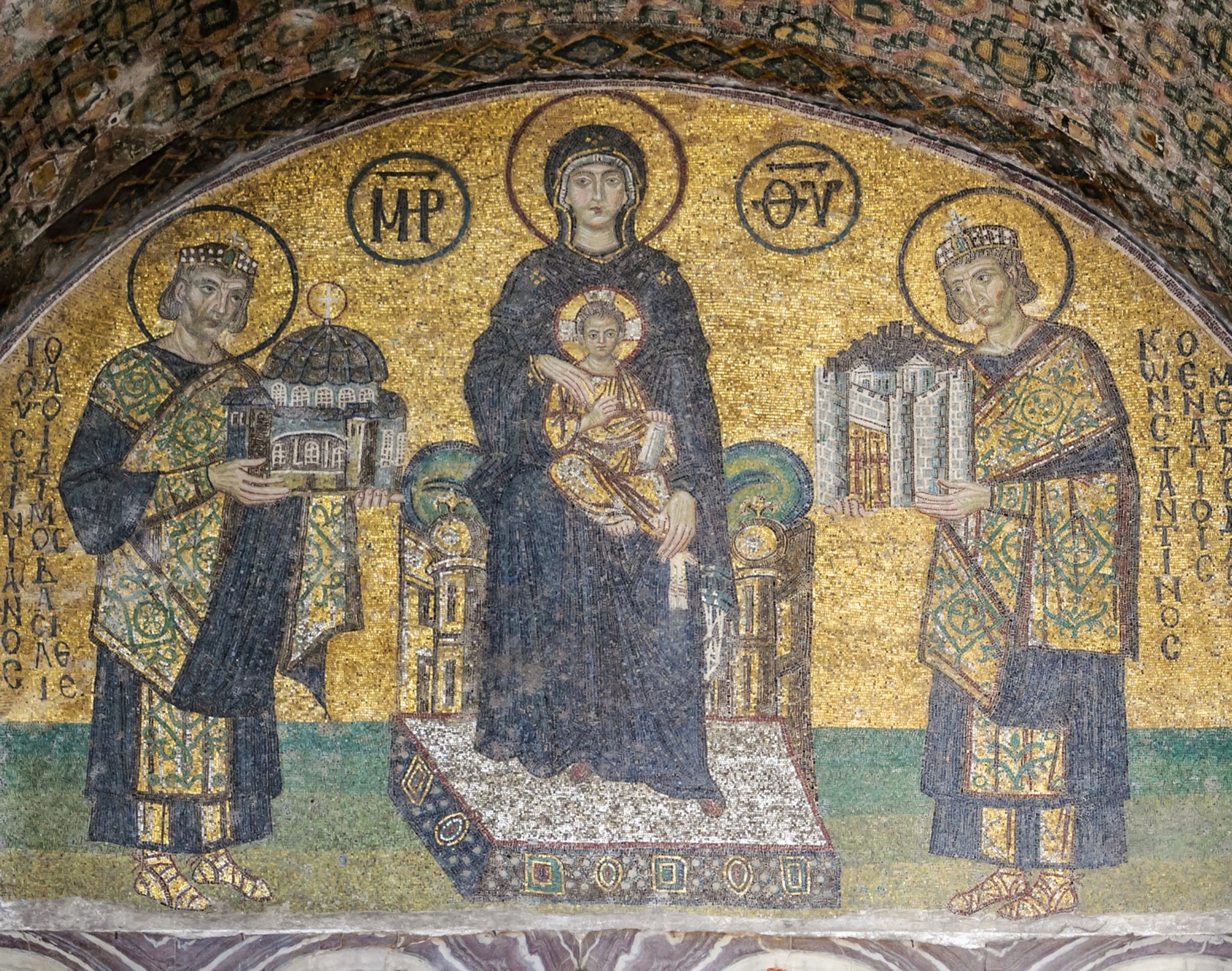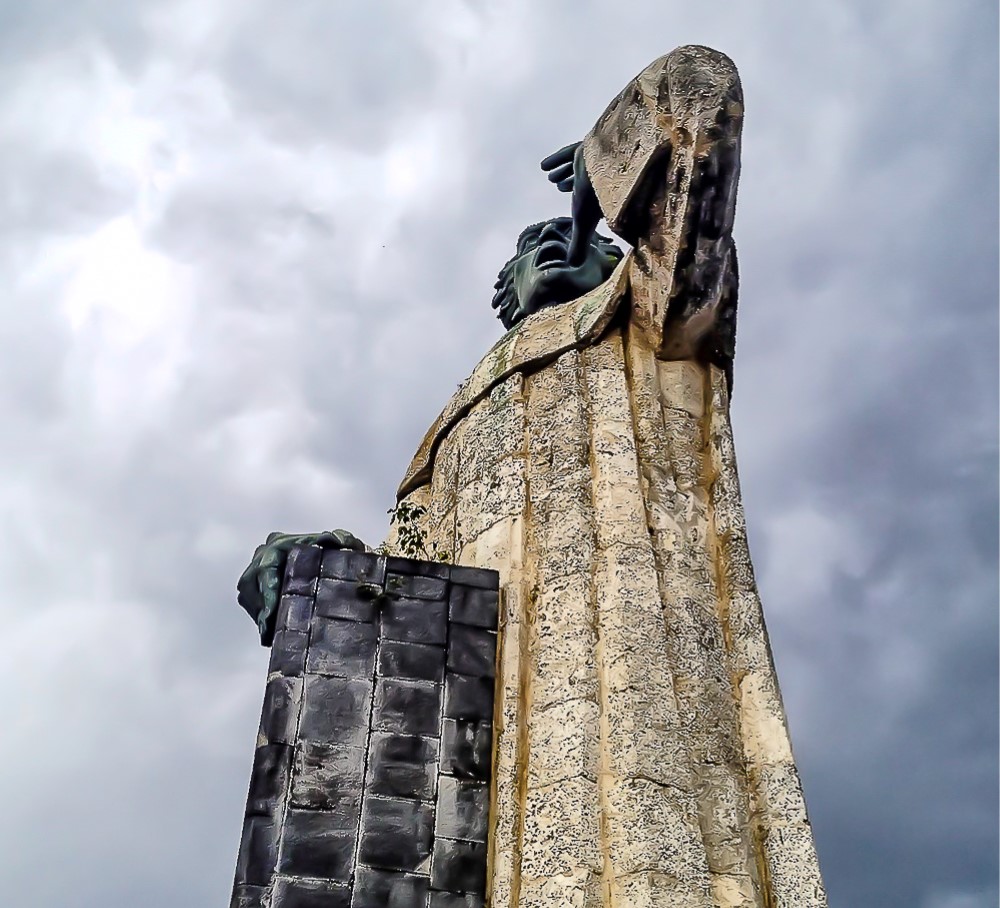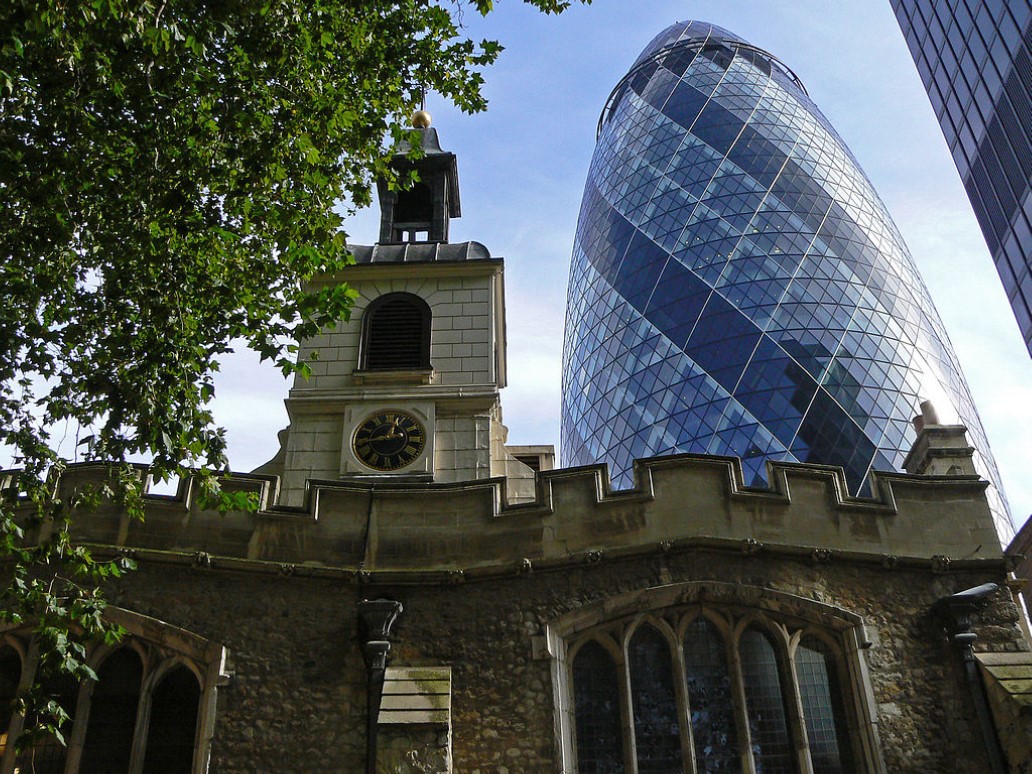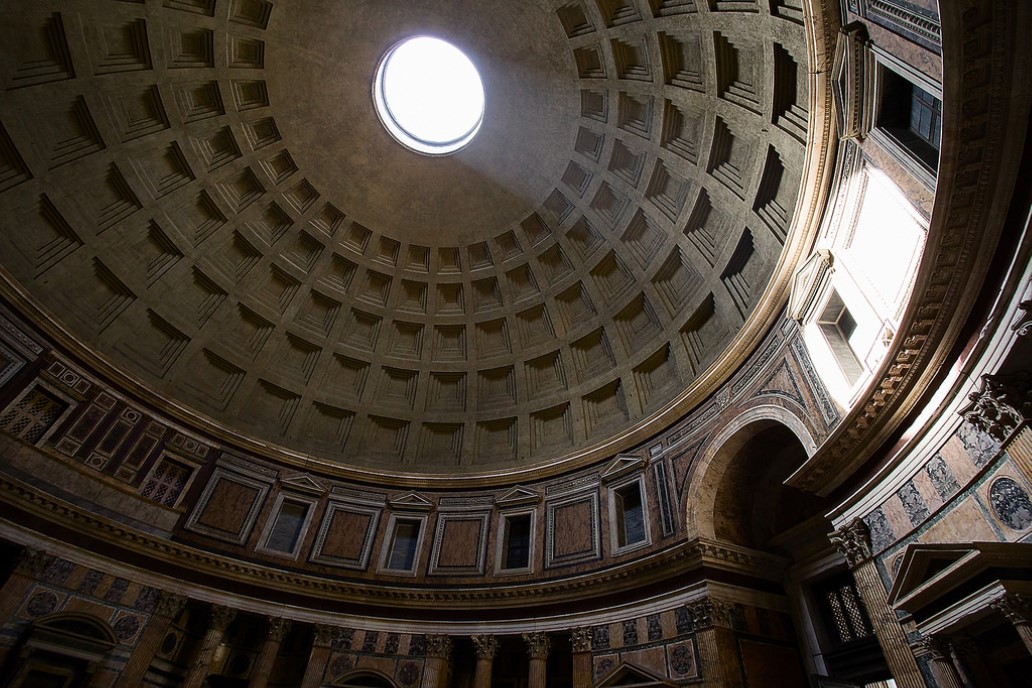The Church in Native America
Photograph: Queen Liliuokalani (1838 - 1917), a Christian, was the last reigning monarch of Hawaii before U.S. sugar and pineapple companies sought to control the islands, and the U.S. government annexed Hawaii and dethroned her. Photo credit: John Roy Musick (1898), Public Domain. Taken in 1898 when Queen Liliuokalani was in Washington DC to give her last official speech. She said:
‘To prevent the shedding of the blood of my people, natives and foreigners alike, I opposed armed interference, and quietly yielded to the armed forces brought against my throne, and submitted to the [arbitration] of the government of the United States the decision of my rights and those of the Hawaiian people. Since then, as is well known to all, I have pursued the path of peace and diplomatic discussion, and not that of internal strife.
By my command and advice the native people and those in sympathy with them were restrained from rising against the government in power. As you deal with them, so I pray that the Almighty God may deal with you in your hours of trial.
To my regret much has been said about the danger which threatened foreign women and children, and about the bloodthirstiness of the Hawaiians...
They who know the Hawaiian temper and disposition understand that there was no foundation for any such fears…It would have been sad indeed if the doctrine of the Christian missionary fathers, taught to my people by them and those who succeeded them, should have fallen like the seed in the parable, upon barren ground.
There may be in your consciences a warrant for your action, in what you may deem a necessity of the times; but you cannot find any such warrant for any such action in any settled, civilized, or Christian land. All who uphold you in this unlawful proceeding may scorn and despise my word; but the offence of breaking and setting aside for a specific purpose the laws of your own nation, and disregarding all justice and fairness, may be to them and to you the source of an unhappy and much to be regretted legacy.
I would ask you to consider that your government is on trial before the whole civilized world, and that in accordance with your actions and decisions will you yourselves be judged. The happiness and prosperity of Hawaii are henceforth in your hands as its rulers. You are commencing a new era in its history. May the divine Providence grant you the wisdom to lead the nation into the paths of forbearance, forgiveness, and peace, and to create and consolidate a united people ever anxious to advance in the way of civilization outlined by the American fathers of liberty and religion.
In concluding my statement I thank you for the courtesy you have shown to me, not as your former queen, but as a humble citizen of this land and as a woman. I assure you, who believe you are faithfully fulfilling a public duty, that I shall never harbor any resentment or cherish any ill feeling towards you, whatever may be your decision.’
Introduction
The selection of perspectives on church history in this section — Church and Empire — has been guided by three factors: (1) to demonstrate that Christianity has not been a “white man’s religion”; (2) the study of empire as a recurring motif in Scripture by recent biblical studies scholars; and (3) explorations of biblical Christian ethics on issues of power and polity, to understand how Christians were faithful to Christ or not. Christian relational ethics continues a Christian theological anthropology that began with reflection on the human nature of Jesus, and the human experience of biblical Israel.
This page explores the experience and activities of Native American Christians under, or affected by, the regime of the United States.
Messages and Resources on the Church in Native America
Slavery in the New England Colonies: Key Moments and Motivations. An outline (8 pages) of early events in the English Puritan colonization of New England. The outline draws on historical research to show how the Pequot War of 1637 - 38 was motivated, in large part, by financial reasons: The Puritans of Mass Bay Colony needed cheap labor, as the seven year contracts of English indentured servants were expiring, and the seven year monopoly on trade with Old England was expiring as well. New England then participated in the Triangular Trade, transporting enslaved Pequots and bringing back enslaved Africans. This outline focuses on stated motivations by the English settlers and slave traders involved. They drew on biblical language and categories but utterly betrayed Christian faith.
A series of blog posts where we explore many issues as Christian heresy, for which Christians must take responsibility in the frame of repentance. Blog posts 1 and 2 demonstrate how the proto-Christian nationalism of John Winthrop and the Puritans impacted Native Americans; the Puritan ethos justified taking Native lands and viewing Native cultures and inferior. Blog post 3 demonstrates the Doctrine of Discovery, which provided a Catholic justification for seizing Native lands, which passed into U.S. jurisprudence. Blog post 4 demonstrates how the construction of “race” as a category associated melanin with intelligence, falsely. Blog post 5 demonstrates how John Locke’s heretical theology of private property contributed to Native displacement. We have designed a study guide to accompany the blog posts. Please consider using it for personal reflection or discussion in your family, church, organization, etc.
Other Resources on the Church in Native America
Queen Liliuokalani, Hawaii’s Story by Hawaii’s Queen. originally published 1898, Create Space Independent Publishers | Amazon page 2016.
Ann Fienup-Riordan, The Real People and the Children of Thunder: The Yup'ik Eskimo Encounter With Moravian Missionaries John and Edith Kilbuck. University of Oklahoma Press | Amazon page, 1991.
James Treat, Native and Christian: Indigenous Voices on Religious Identity in the United States and Canada. Routledge | Amazon page, 1996.
Karen M. Tiro, Denominated Savage: Methodism, Writing, and Identity in the Works of William Apess, a Pequot. American Quarterly, Dec 1996. William Apess (1798–1839) (Wikipedia article) Apess was an ordained Methodist minister prior to the American Civil War. He was European-American on his father’s side and Pequot, European-American, and African-American on his mother’s side; he identified as Pequot. He attacked the Puritans’ concept of political covenant and providential sense of history, which fed white racism. He wrote his autobiography as a response to Andrew Jackson’s forced removal of the Cherokee, and he advocated for the Mashpee in Cape Cod. See his autobiography William Apess, A Son of the Forest. University of Massachusetts Press | Amazon page, 1829. See William Apess, On Our Own Ground: The Complete Writings of William Apess, a Pequot. University of Massachusetts Press | Amazon page, 1992. This work includes The Increase of the Kingdom of Christ: A Sermon (1831); The Indians: The Ten Lost Tribes (1831); The Experiences of Five Christian Indians of the Pequot Tribe (1833); Indian Nullification of the Unconstitutional Laws of Massachusetts Relative to the Marshpee Tribe; or, The Pretended Riot, Explained (1835); Eulogy on King Philip, as Pronounced at the Odeon, in Federal Street, Boston (1836). For a summary biography, see Early Native American Literature, William Apess. See also Drew Lopenzina, Through an Indian's Looking-Glass: A Cultural Biography of William Apess, Pequot. University of Massachusetts Press | Amazon page, 2007.
Christopher Vecsey, On The Padres' Trail. University of Notre Dame Press | Amazon page, 1997. Part 1 of a series exploring Native Americans' first encounter with Christian faith in its Roman Catholic expression.
Michael Steltenkamp, Black Elk: Holy Man of the Oglala. University of Oklahoma Press | Amazon, Sep 15, 1997. “In 1904 Black Elk was baptized a Catholic and subsequently served as a devoted catechist and missionary to his fellow American Indians until his death in 1950”
Christopher Vecsey, Where the Two Roads Meet. University of Notre Dame Press | Amazon page, 1999. Part 2 of Vecsey's series
Michael D. McNally, The Practice of Native American Christianity. Oxford University Press, Dec 2000. This is a scholarly article with an excellent bibliography.
Randy Woodley, One Church, Many Tribes. Chosen Books | Amazon page, 2000.
Marie Therese Archambault, Mark G. Thiel, and Christopher Vecsey, The Crossing of Two Roads: Being Catholic and Native in the United States. Orbis Books | Amazon page, 2003.
Randy Woodley, Living in Color: Embracing God's Passion for Ethnic Diversity. InterVarsity Press | Amazon page, 2004.
Brian Bantum, Why Christians Can't Be Post-Racial: Christian Existence in the Murky Waters of Race and Place. The Other Journal, Aug 17, 2009.
Linford D. Fisher, The Indian Great Awakening: Religion and the Shaping of Native Cultures in Early America. Oxford University Press | Amazon page, 2012.
Jeffrey P. Greenman and Gene L. Green, Global Theology in Evangelical Perspective: Exploring the Contextual Nature of Theology and Mission. InterVarsity Press | Amazon page, 2012.
Randy Woodley, Shalom and the Community of Creation: An Indigenous Vision. Eerdmans | Amazon page, 2012.
Cheryl Bear-Barnetson, Introduction to First Nations Ministry: Centre for Pentecostal Theology Native North American Contextual Movement Series. Cherohala Press | Amazon page, 2013.
Mark G. Thiel and Christopher Vecsey, Native Footsteps: Along the Path of Saint Kateri Tekakwitha. Marquette University Press | Amazon page, 2013. This is the story of Kateri Tekakwitha, an Algonquin-Mohawk of the late 1600's who became a Catholic believer, and the first canonized Native Roman Catholic saint.
Mark Charles, A Prayer of Indigenous Peoples. Wireless Hogan: Reflections from the Hogan blog, Apr 18, 2013.
Lisa Sharon Harper, The Cost of Being "Christian". Sojourners, May 2013. Harper writes about Richard Twiss, a Lakota/Sioux Christian.
Stoyan Zaimov, 'The Grandmother Locked in the Bedroom:' A Native American Perspective on History, Immigration, and Thanksgiving. Christian Post, Nov 28, 2013.
Zak Cheney-Rice, This American Indian Rapper Just Became MTV's Artist of the Week. PolicyMic, Mar 25, 2014.
Arlene Sanchez Walsh, Choosing the Jesus Way: Native American Pentecostals. Religion in American History blog, Apr 28, 2014.
Kay Higuera Smith, Jayachitra Lalitha, and L. Daniel Hawk, Evangelical Postcolonial Conversations: Global Awakenings in Theology and Praxis. InterVarsity Press | Amazon page, Jul 2014.
Mark Charles, The Doctrine of Discovery- A Buried Apology and an Empty Chair. Wireless Hogan: Reflections from the Hogan blog, Dec 22, 2014.
Richard Twiss, Rescuing the Gospel from the Cowboys: A Native American Expression of the Jesus Way. InterVarsity Press | Amazon page, Jul 9, 2015.
Christopher Vecsey, Paths of Kateri's Kin. University of Notre Dame Press | Amazon page, 2016. Kateri Tekakwitha, an Algonquin-Mohawk of the late 1600's who became a Catholic believer, and the first canonized Native Catholic saint, symbolizes for many Native Catholic Christians a two-part identity.
CBC Radio, Majority of Indigenous Canadians Remain Christians Despite Residential Schools. CBC Radio, Apr 1, 2016. “One of the 94 recommendations of the Truth and Reconciliation Commission into residential schools included the church's reconciliation with Canada's First Nations people. The church recently offered a commitment to reconciliation, one day shy of the March 31 deadline. The National Indigenous Bishop for the Anglican Church of Canada, Mark MacDonald, delivered his church's so-called "commitment to reconcile" with Canada's First Nations people, March 30, 2016, confirming that the church will never partner with cultural genocide, affirming the UN declaration on rights of indigenous people. MacDonald highlighted the new relationship moving forward stating "the churches have said that they will be partners to us in life in a way that before they were partners with what brought so much pain and misery.””
Creation Justice Ministries, Christian Communities Support Standing Rock Sioux Protection of Land and Water from Dakota Access Pipeline. Creation Justice Ministries, Sep 6, 2016.
Norman Jameson, Clergy From Across U.S. to Stand in Solidarity With Indigenous Water Protectors at Standing Rock. Baptist News, Nov 1, 2016.
Tammy Heise, Religion and Native American Assimilation, Resistance, and Survival. Oxford Research Encyclopedias, Nov 2017. a scholarly article surveying history and contemporary issues, with a helpful bibliography
Douglas Todd, Indigenous Christianity on the Rise in Vancouver and Beyond. Vancouver Sun, Dec 7, 2017.
Sue Martell, Ray Martell, and Richard Twiss, Dreamcatching: Following in the Footsteps of Richard Twiss. Cherohala Press | Amazon page, 2017.
Kathy L. Gilbert, Native Americans Pray at Child Detention Center. United Methodist News, Aug 7, 2018.
Knowing Better, Overthrowing a Kingdom — Hawaii. Knowing Better, Aug 12, 2018. A 20 minute video that highlights a bit more of the Hawaiian native decision to abolish their own traditional religion. White American Presbyterian missionaries from Boston then stepped in. Within two generations, land was privatized, sugar plantation-corporations emerged, rats infested the islands, and the white descendants of these missionaries started sugar businesses. They toppled Hawaii’s Queen Liliuokalani and petitioned for the United States to intervene and make Hawaii a state. A 10 minute video is produced by Johnny Harris, How the US Stole Hawaii. Johnny Harris, Jul 13, 2020. Harris focuses on the American missionaries transitioning to the sugar businesses.
Juliany Gonzalez Nives, Indigenous 18 Native American Voices to Learn From. De Vuelta a Lo Basico, Aug 23, 2018.
John Borrows, Larry Chartrand, Oonagh E. Fitzgerald, Risa Schwartz, Braiding Legal Orders: Implementing the United Nations Declaration on the Rights of Indigenous Peoples. CIGI Press | Amazon page, Apr 2019. Although not a Christian work, this proposal reflects a very serious attempt to reconcile legal systems and principles between indigenous people and European paradigms. John Borrows is Chippewa, one of Canada’s foremost legal scholars, and a Mormon who seeks to relate “the teachings, sacrifice, and grace of Jesus Christ” to reconciliation efforts; see John Borrows, Drawing Out Law: A Spirit's Guide. University of Toronto Press | Amazon page, May 2010. See also John Borrows, Canada's Indigenous Constitution. University of Toronto Press | Amazon page, 2010. and John Borrows, Law’s Indigenous Ethics. University of Toronto Press | Amazon page, May 2019. See John Borrows, Interview. University of Victoria Indigenous Law Research Unit, Sep 13, 2015. This is a 20 minute video. John Borrows, Living Indigenous Law in Canada. Creatively United for the Planet, May 23, 2019. This is a 45 minute video. Significantly, the Supreme Court of Canada has declared that Canada’s Constitutional law is trying to reconcile indigenous law and federal/provincial law.
Mark Charles and Soong-Chan Rah, Unsettling Truths: The Ongoing, Dehumanizing Legacy of the Doctrine of Discovery. InterVarsity Press | Amazon page, Oct 2019. See also Steven T. Newcomb, Pagans in the Promised Land: Decoding the Doctrine of Christian Discovery. Chicago Review Press | Amazon page, Jan 2008. Newcomb gives a legal argument within the U.S. context against “discovery.” See also Robert J. Miller, Jacintu Ruru, Larissa Behrendt, and Tracey Lindberg, Discovering Indigenous Lands: The Doctrine of Discovery in the English Colonies. Oxford University Press | Amazon page, 2010. Miller surveys all English colonies that are Eastern Shawnee (U.S., Maori, New Zealand, aboriginal Australian, and Cree Canadian. For reference, see Kim Benita Vera, From Papal Bull to Racial Rule: Indians of the Americas, Race, and the Foundation of International Law. California Western Law Journal, 2012. Vera examines theologians Francisco de Vitoria and Grotius, who rebutted Pope Nicholas’ papal bull of discovery, but nevertheless relied on discovery to anchor a Eurocentric foundation of territorial law. See also Sarah Augustine, The Land Is Not Empty: Following Jesus in Dismantling the Doctrine of Discovery. Herald Press | Amazon page, Jun 22, 2021.
Brandon Bayne and Zara Surratt, editors, Christianity, Native Americans, and Global Indigeneity. Cambridge Core | Cambridge University Press, 2024.
The Church and Empire in the Americas: Topics:
Church and Empire: Topics:
This page is part of our section on Church and Empire. These resources begin with a biblical exposition of Empire in Church and Empire and the meaning of Pentecost in Pentecost as Paradigm for Christianity and Cultures, then grouped by region: Middle East, Asia, Africa, Europe, Americas, then Nation-State, with special attention given to The Shoah of Nazi Germany.

